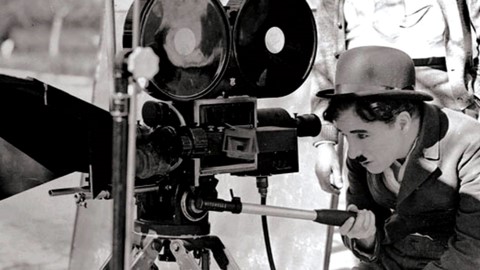Hollywood observers have surely noticed that the film industry has simultaneously become bigger and smaller than ever. It’s bigger in the sense that year after year, we seem to see new releases shatter box-office records with ease. At the same time, it’s smaller insofar as it feels as if the only movies that come out anymore are the franchise favorites that shatter records. Gone are the small and middle-budget pictures; it’s go big or go home.
The big studios’ concentration on tentpole features may be a downer for movie lovers, but leaving so much bandwidth open has unintentionally kicked off a renaissance for aspiring, independent, and alternative filmmakers—which can include you. But before you tackle a full-length feature, start small with a short story put to film. Here are three tips to help you nail your next short film project so that in the long shadow of comic book movies, your own film can bloom.
1. Emphasize the Fundamentals of Storytelling
To begin, let’s look at the written word—the foundation of cinematic storytelling. Short stories can be more challenging than novels for some authors because the form requires them to develop and resolve a conflict in a compressed timespan. Nonetheless, all the elements of storytelling, from plot to conflict to theme, occur in a short story. The same must be true for your film. Experimental forms may deviate from the established rules of storytelling, but remember that you can’t break the rules until you learn them—consider that the works of Jackson Pollock hang in art museums but a third-grader’s splatter paintings don’t.
2. Special Effects Shouldn’t Be Too Special Yet
Just as you should start off sticking to the fundamentals of a story, you should do the same with visual effects. Before you begin to dream up eye-popping visuals, make sure that you have a skilled and well-appointed cinematographer on the crew. If this is a fellow film-loving friend, make sure they have the right tools and skills for the job, from lenses and lights to a keen eye. Aspiring to do too much too soon but ultimately falling short will do more harm than good in a visual medium such as film. Instead, show restraint and master the hallmarks of good composition.
3. You Can’t Call Every Shot
Sitting in a director’s chair for the first time can be a magical feeling—especially if you spring for one with your name on it. Our advice: don’t. In fact, our most important tip for making your own short film for the first time is not to take a dictatorial approach to filmmaking. While you are the final authority on set as the director, it’s important to take a collaborative approach to as many respects of the filmmaking process as you can. Have good relationships with your cinematographer, your cast, and the rest of your crew in order to keep everyone feeling involved in a positive process. With this in mind, you should have a finished product that everyone can be proud of.




















